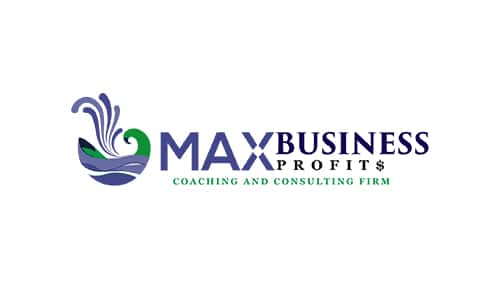One of the primary reasons business owners sell is to enter the retirement phase of their lives. Especially when that is your motivation, you need to determine if you can afford to sell the business.
If you don’t try to ascertain affordability up-front and put your business on the market without that information, you may be surprised and it’s not unheard of for sellers to back out of an agreement just before closing. That can be emotionally painful while also creating potential legal issues. In addition, if a confidentiality breach occurs as a result of such a scenario, you run the risk of damaging future sale-ability of your business.
Obtain a realistic QUALIFIED estimate of the value of the business
The first step to determining if you can afford to sell a business is to obtain a realistic estimate of the current fair-market value. Many business brokers are not interested in developing long-term relationships with prospective sellers unless they feel it is going to end in a commission.
In fact, recently, while listening to a well know broker teaching a class on MLS membership, he mentioned that brokering hasn’t changed in decades and decades. It’s basically selling J-O-B-S to whoever wants to buy one! Incredible attitude if not perspective! As a former multiple business owner and consultant for business owners, not only did I find it offensive but cemented in my mind that differentiating your business from another is CRITICAL to building value. That’s what I have been doing for my clients for years.
Find a professional adviser / broker with business exit planning experience
Once you have a realistic idea of the current value of your business, determine if your existing professional advisers have business exit planning experience. Exit planning can be a sub-specialty for other licensed professionals such as CPAs, attorneys, financial planners, investment consultants, etc. Another alternative is working with a certified exit planner, a relatively new profession that specializes in helping small business owners through the business exit planning process.
Estimate your future income
Although it is not unusual for the company to be a business owner’s largest asset, there are usually other types of income and assets that should be taken into account when planning for retirement. These may include spousal income, Social Security income, other retirement income and plans, IRAs, annuities, other types of investment securities and savings, real estate holdings, life insurance cash values, etc. In addition to the net proceeds from a business sale, those other assets and income should also be factored into the retirement calculations.
Estimate the net proceeds of a business sale after taxes and debt repayment
In the previous sentence, note the phrase “net proceeds” from the business sale. The selling price of a business is often far more than the net proceeds ultimately retained by the seller. There will be tax implications of selling your business, and in many instances they are very significant. In addition, out of the gross proceeds of a sale, you may have to pay off outstanding liabilities of the business, which can include accounts payable, working capital loans and other types of loans for items such as equipment, automobiles, real estate, etc. that were carried on the company’s books.
Consider your post-exit lifestyle
The type of lifestyle you want to live in retirement is also a major consideration. If you want to travel around the world or maintain a second home, you need to determine the affordability. Depending on individual circumstances, lifestyle and expectations, some may need $3,000/month to retire comfortably, others may need $15,000/month. It is important to estimate your retirement living expenses and it’s best to work with a professional to get through that process.
Determine if you can afford to sell the business
Working with professionals to help gather all the data necessary to project the affordability of your desired retirement lifestyle is a critical step in the exit planning process. In many instances, business owners need to adjust their lifestyle expectations to the reality of their personal financial situation. It is far better to accomplish that early in the process of making the decision to sell your business.
The biggest issue I have found is not so much the Post-Sale lifestyle and expectations but the present market value and what the owner THOUGHT it was worth vs. reality! The majority of the time we have to build or scale the company upward and increase revenues and value to try and intersect what the owner may require with what it is worth on the market.
One last fact many brokers won’t bring up is, the fact you, as the seller, may need to hold 10% or 20% or more in a Note from the Buyer. It’s a fact of the industry that 60% of businesses that sell, require seller financing to some degree. That percentage may even be higher than that, in my experience. A Note is not always a bad thing; you can earn an extra 8-12% on that outstanding money for a short period (1-5 years) but the down side is, you don’t have it at closing.
So, what’s your next move?

